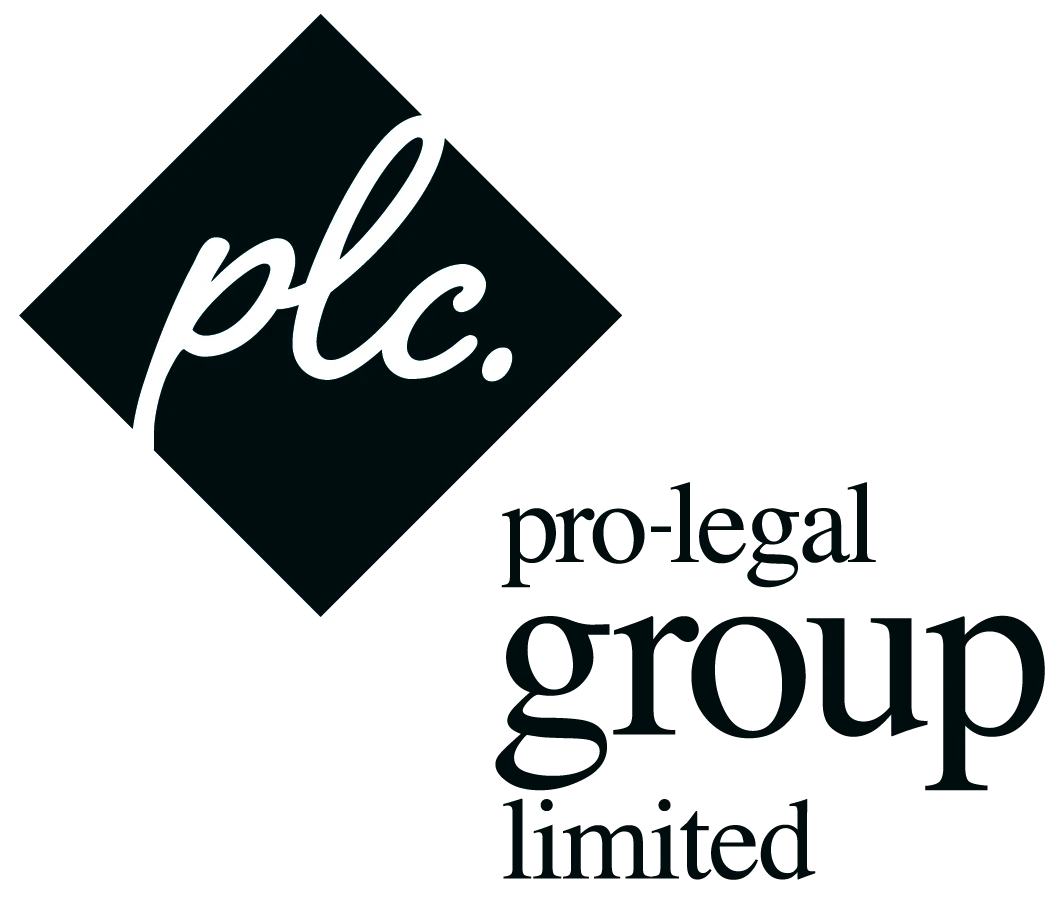Shareholder disputes are sadly quite common; if not managed and resolved effectively, these conflicts can significantly impact a company’s operations and profitability.
What are Shareholder Disputes?
Shareholder disputes occur when disagreements arise among shareholders themselves or between shareholders and the company’s management. These can involve strategic direction, financial control, dividend policies, and compliance with shareholder agreements. Sometimes, these disputes result from perceived or actual mismanagement or disagreements over company valuation and shareholders’ rights.
Common Causes of Shareholder Disputes:
Several factors can lead to shareholder disputes, including:
- Disagreement Over Company Strategy: Different visions for the company’s future can lead to conflict.
- Dividend Policies: Disputes often arise over the distribution of profits.
- Breach of Shareholder Agreements: Any deviation from agreed terms can trigger disputes.
- Mismanagement Allegations: Accusations of mismanagement or misconduct can cause significant unrest.
- Personal Conflicts: Disputes may also stem from personal disagreements among shareholders.
Actions to Take in a Shareholder Dispute:
When faced with a shareholder dispute, consider the following steps:
- Seek Legal Advice: Professional legal advice is crucial to navigating the complexities of shareholder disputes.
- Negotiation and Mediation: Often, disputes can be resolved through direct negotiation or mediation without resorting to litigation.
- Arbitration: As a more formal but still private method of dispute resolution, arbitration can be a viable option.
- Litigation: As a last resort, taking the dispute to court might be necessary, especially in serious breaches or allegations of fraud.
Preventing Shareholder Disputes:
Preventive measures are key in avoiding disputes:
- Clear Shareholder Agreements: Draft comprehensive agreements that clearly outline shareholder rights, responsibilities, and dispute resolution mechanisms.
- Effective Communication: Regular, transparent communication can prevent misunderstandings.
- Regular Shareholder Meetings: These meetings are essential for discussing company affairs and addressing potential issues early.
- Dispute Resolution Clauses: Include specific clauses in your shareholder agreements to address potential disputes methodically.
Addressing and resolving shareholder disputes is crucial for maintaining the health and success of any company. Proactive measures and a clear understanding of such disputes can prevent costly legal battles and ensure the company’s smooth operation.
If you’re navigating a shareholder dispute or looking to protect your business from potential conflicts, our experienced legal team is here to help. Contact Emma Lee for expert legal guidance and support.


